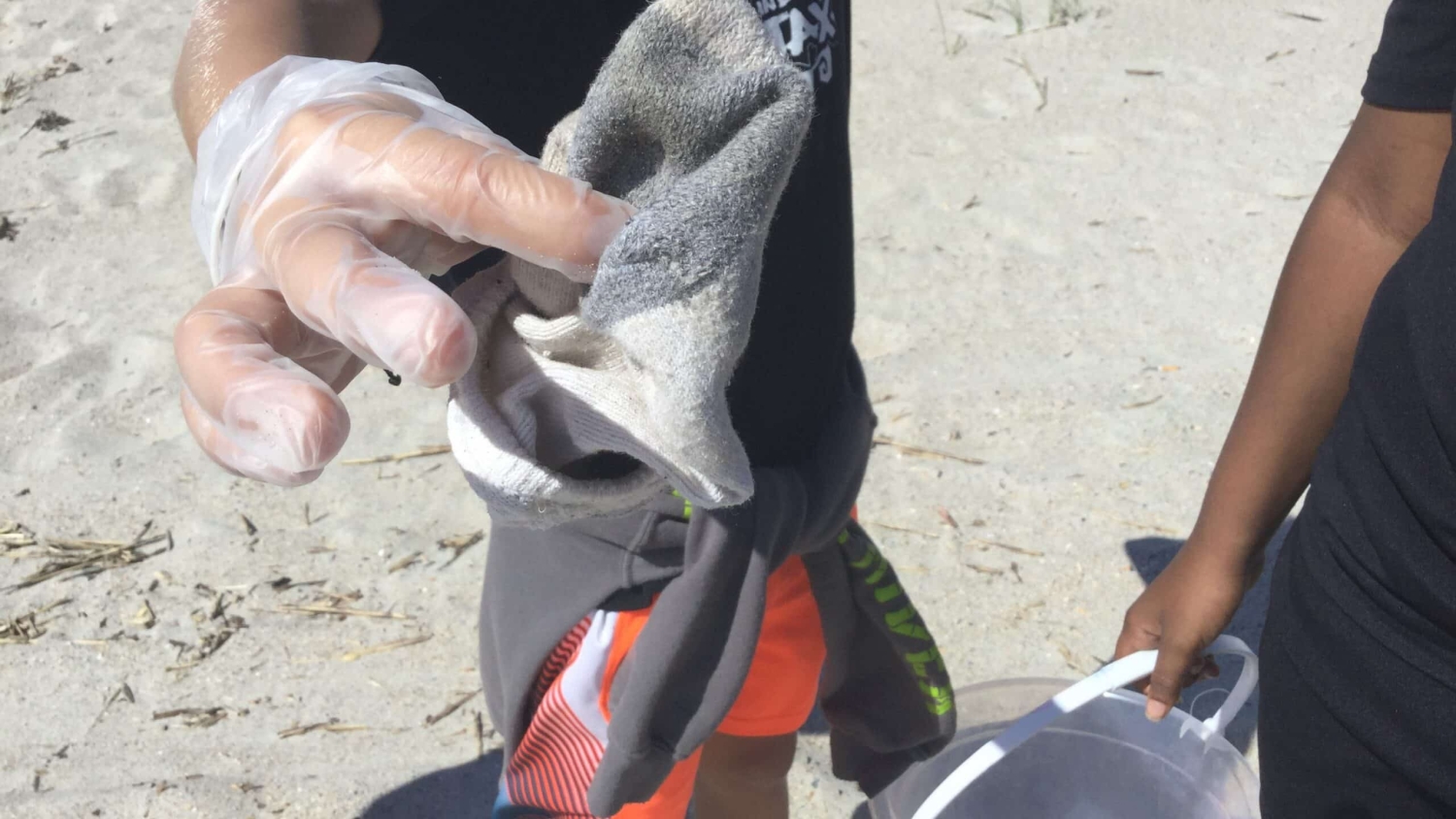Study: Bilingual Kids Could Lead In Ocean Environmental Action

Participation in environmental education programs can motivate children across diverse language groups to act responsibly toward the environment, a recent study from North Carolina State University researchers suggests.
In the study, researchers surveyed 644 elementary school children about how motivated they were to act in ways that would help the environment – such as by using a reusable water bottle at home or refusing to use plastic straws in restaurants – before and after participating in an environmental education program.
The program, developed by the Duke University Marine Lab, focuses on trash in oceans and other waterways, and includes lessons on how long different types of trash persist in waterways, a trash clean-up, and hands-on investigations of challenges related to marine debris. After the program, students scored higher on average on the survey gauging their motivation to act for the environment. Bilingual or multilingual students saw bigger gains on average compared to students who spoke English primarily at home – a finding researchers say is promising, and needs to be investigated further.
“What we saw was that in aggregate, the programs seemed to encourage environmentally friendly actions among everybody, but when we dug down, most of the program’s effect was explained by the response from linguistically diverse children,” said study co-author Kathryn Stevenson, associate professor of parks, recreation and tourism management at NC State. “This is encouraging, as linguistically diverse children are making up more and more of the U.S. population, and we want our programs to resonate with everyone. It also highlights how young people with different backgrounds can make important contributions. It also makes us wonder: Are students bringing these lessons home?”
The study is part of a research series looking at how environmental education can impact children, their families and their communities. In a previous study, researchers found parents’ climate change concern increases after their children are educated. In another study, they found that local leaders’ as well as voters’ views shifted after watching children’s presentations on an environmental issue.
“We’ve been interested in the mechanisms of inter-generational learning,” Stevenson said. “We saw this program can impact all children involved, but this suggests it might work differently for children who speak more than one language. For kids who act as translators for their family, they might be even more practiced at translating on many levels – linguistically or culturally – and we want to know how that might impact inter-generational learning about the environment.”
-oleniacz-
Note to editors: The abstract follows.
“How a marine debris environmental educational program plays to strengths of linguistically diverse learners”
Authors: Jenna M. Hartley, Kathryn T. Stevenson, Sasha Pereira, M. Nils Peterson, Danielle F. Lawson and Bryan Martinez.
Published: Jan. 12, 2023, Educational Psychology, Frontiers in Education
DOI: 10.3389/feduc.2022.1058864
Abstract: Although environmental education (EE) has increased focus on how to best serve diverse populations, one understudied area is how linguistically diverse learners may engage with EE programming. Linguistic diversity is on the rise across the United States; for instance nearly one-third of all children between the ages of 0 and 8 have at least one parent who speaks a language other than English in the home. This study evaluated impacts of an EE curriculum designed to promote pro-environmental behavior change with a pre-post, treatment-control experimental design among students from linguistically diverse households. In partnership with teachers, we implemented the curriculum in elementary schools across the state of North Carolina, USA. Over two school years (2018-2020), 36 teachers from 31 schools across 18 counties participated in the study, providing 644 paired pre-post student responses (n = 204 control; n = 440 treatment). About 10% of the sample (n = 49 treatment, n = 18 control) reported speaking a language other than English at home. We tested hypotheses that the curriculum would increase behavior change among all students, but particularly among those from linguistically diverse households using multiple linear regression. Results indicate that the curriculum effectively encouraged pro-environmental behaviors for all students on average, but particularly among linguistically diverse students, adding to growing examples of the equigenic effects of environmental and nature-based education. These findings are consistent with research demonstrating that EE can contribute to behavior change among young learners and may be particularly well-suited to resonate with the unique contributions of linguistically diverse learners.


